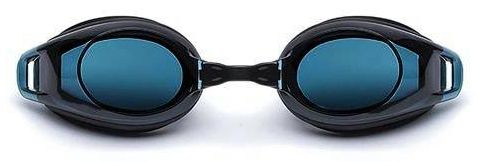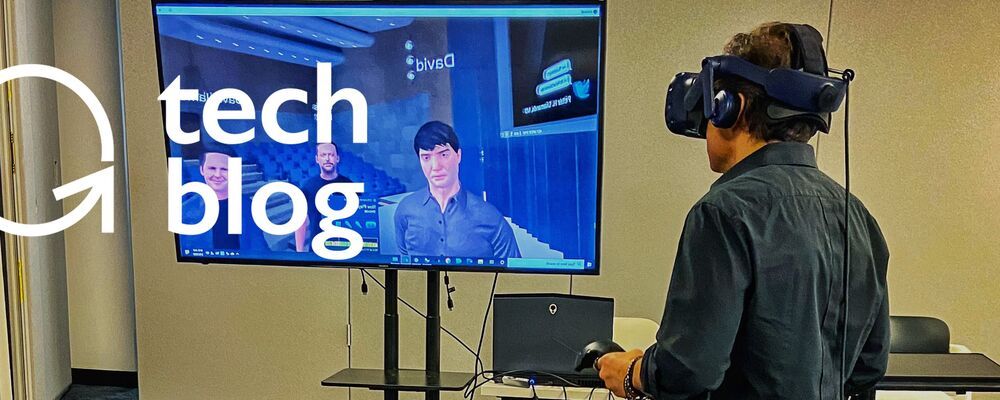We can immediately supersede the Mojo Vision approach for retinal projection, with an interim projection system using metalenses. The Mojo Lens approach is to try to put everything, including the television screen, projection method and energy source onto one contact lens. With recent breakthroughs in scaling up the size of metalenses, an approach utilizing a combination of a contact metalens and a small pair of glasses can be utilized. This is emphatically not the Google Glass approach, which did not use modern metalenses. The system would work as follows:
1)Thin TV cameras are mounted on both sides of a pair of wearable glasses.
2)The images from these cameras are projected via projection metalenses in a narrow beam to the center of the pupils.
3)A contact lens with a tiny metalens mounted in the center, directly over the pupil, projects this projected beam outwards, through the pupil, onto the full width of the curved retina.
The end result would be a 360 degree, full panorama image. This image can either be a high resolution real time vision of the wearer’s surroundings, or can be a projection of a movie, or augmented reality superimposed on the normal field of vision. It can inherently be full-color 3D. Of course such a system will be complemented with ear phones. Modern hearing aids are already so small they can barely be seen, and have batteries that last a week. A pair of ear phones will also allow full 3D sound and also will be the audible complement of augmented vision.
Cameras in cell phones using traditional lenses are already very thin, and even they could be used for an experimental system of this type, but the metalens cameras will make this drastically thinner. The projection lens system must work in combination with the lens over the pupil. This also means that when the glasses are removed, the contact lens must also be removed, or the vision will be distorted.
The end result will be a pair of glasses, not quite as thin as an ordinary pair of glasses, but still very thin and comfortable. Instead of trying to mount the power source in the contact lens, like Mojo Vision is trying to do, a small battery would be mounted in the glasses. Mojo Vision is probably going to have to do something similar for the power source: put the battery in a small pair of glasses that projects the energy onto its contact lens.








